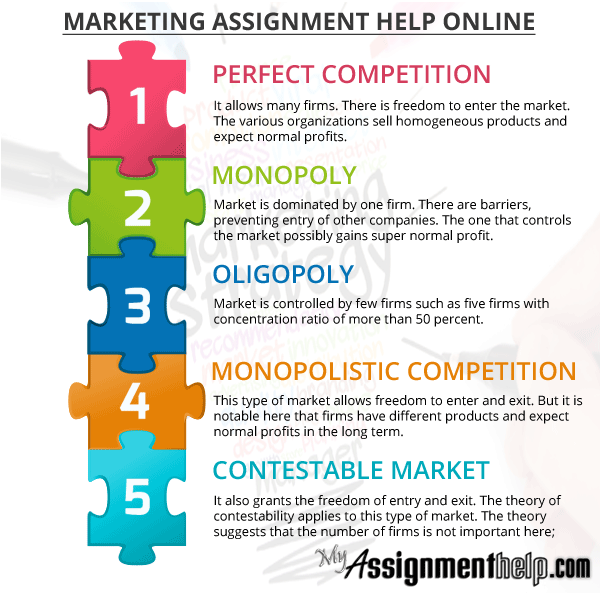

With such profits, Standard Oil led John D. The reign of Standard Oil was immense in the early 20th century, as it controlled 90% of the oil market in the United States. Just two years after its incorporation, major oil refineries in Ohio were acquired by Standard Oil.

Since the oil industry is a huge business in the United States, it is safe to think that there would be various competitors in this industry however, Standard Oil quickly made other companies shut down or go bankrupt, 22 companies of 26 to be exact. He established this company in 1870 in Cleveland, Ohio. Rockefeller, also considered the wealthiest American of all time. The etymology of monopoly is of Latin origins from the word ‘monopolium’, meaning the right of exclusive sale. Usually, monopolies surface in one of the two ways, i.e., a larger company strategically conducting business to make small businesses shut down or two rivals merging together, eliminating any competition. Interestingly, even if a company controls 30% of the market, it can be considered a monopoly. Unexpectedly, monopolies grant significant benefits to the company however, they simultaneously make consumers lose their interest in the same company because of a lack of competition. This leads to the company gaining control over the economic fundamentals like production, supply, and trade of goods and services within an industry. A monopoly is deemed as an exclusive control of an industry by a single entity. When we think of the term ‘Monopoly’, the popular board game comes to mind however, monopoly is not just limited to the living room.

Monopoly examples in real life free#
Although the free market is generally a positive aspect for both the companies and customers, it can promote unethical practices like monopoly. Though such actions do not terminate monopolies, they do somehow place controlling limits over them.Economics is such a dynamic and comprehensive discipline that proposing a new business practice can shake up the entire economic model of a nation, especially in a capitalist community. Governments have taken precautions and counter actions to fight the negative effects of monopolies, especially after the Great Depression of 1929. It is important to note that a monopoly can never have unlimited power, because of governmental pressure. According to Hutt, “the enemy of democracy is a monopoly in all of its forms: gigantic corporations, trade associations and other agencies for price control” (Hutt, 1936). That is, consumers can find no alternative to the monopolistic firm since none exist. It controls how much consumers sacrifice in order to obtain the monopolized product or service. In the case of a monopoly, a firm would provide products or services to which there is neither a competition nor a near substitute, dictating price and quantity produced. When a certain firm dominates a sector in the market, it gives birth to a monopolistic face of the market. However, the business world we live in today is far from idealistic. Those words remain pillars for economic idealism. This chapter explores monopolistic abuses.Įconomist William Hutt once stated “Political liberty, can survive only within an effective competitive economic system” (Hutt, 1936). Disadvantages of monopolies are mal-distribution of the social product, decreased economic national growth, and increased unemployment levels, blocking competitive markets, and lacking socio-economic efficiency. Monopolistic behavior may provide certain positive advantages like helping expand different industries, generating a lot of capital into the business cycle, introducing innovation, and bringing a solution to some major economic problems. The social approach is when a company seeks the good of the greater environment, looking beyond the benefit of shareholders. The instrumental approach is when a company performs monopolistic behavior in order to maximize company profits and satisfy corporate shareholders. Consumers will be buying needed products at unfair prices and questionable quality standards. Monopolies raise concerns of unethical business practice because they perform acts of conspiracy and collusion. AbstractMonopoly is the case when a firm provides products or services to which there is neither competition nor a near substitute, dictating price and quantity produced.


 0 kommentar(er)
0 kommentar(er)
